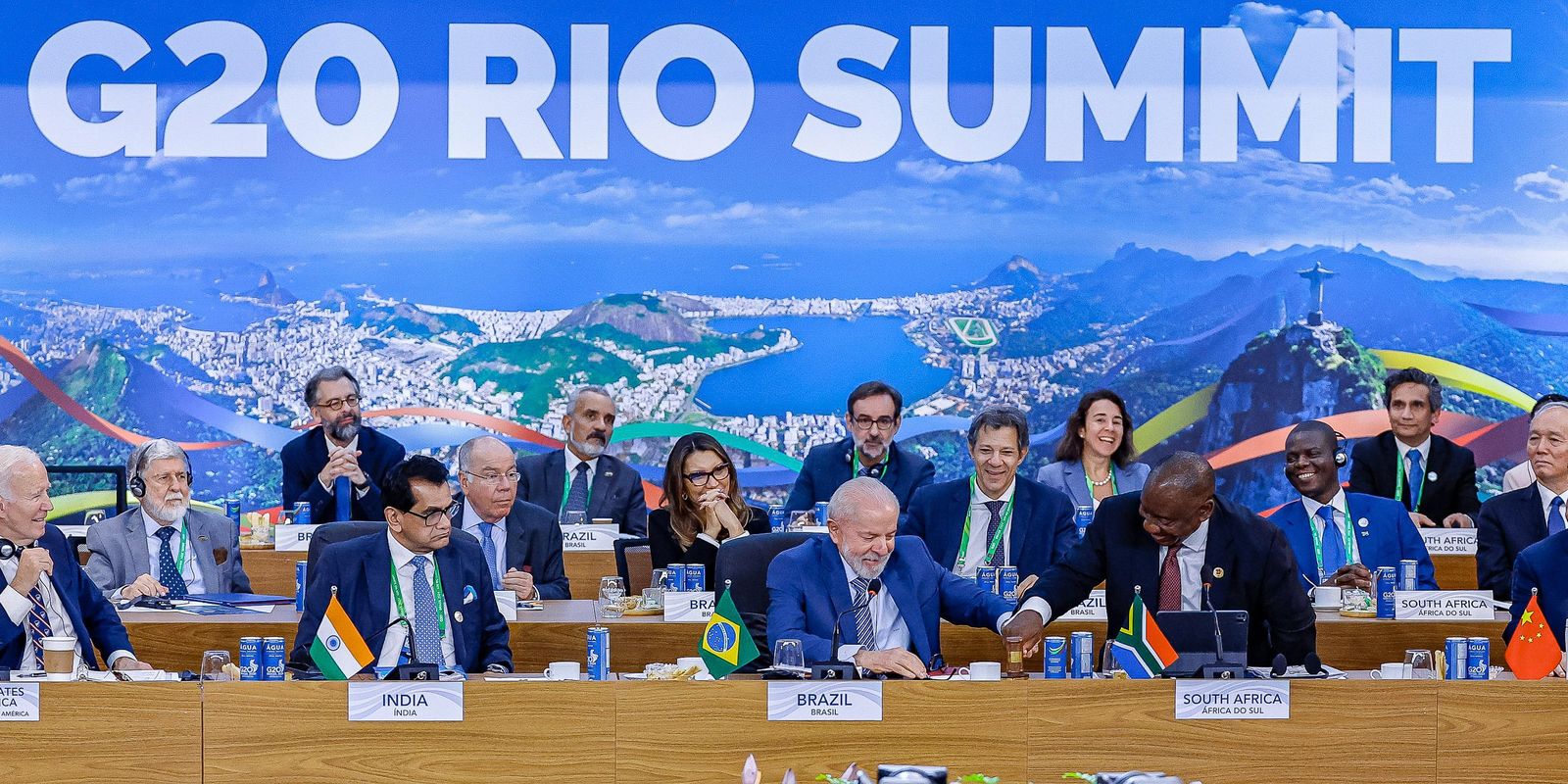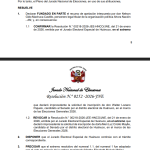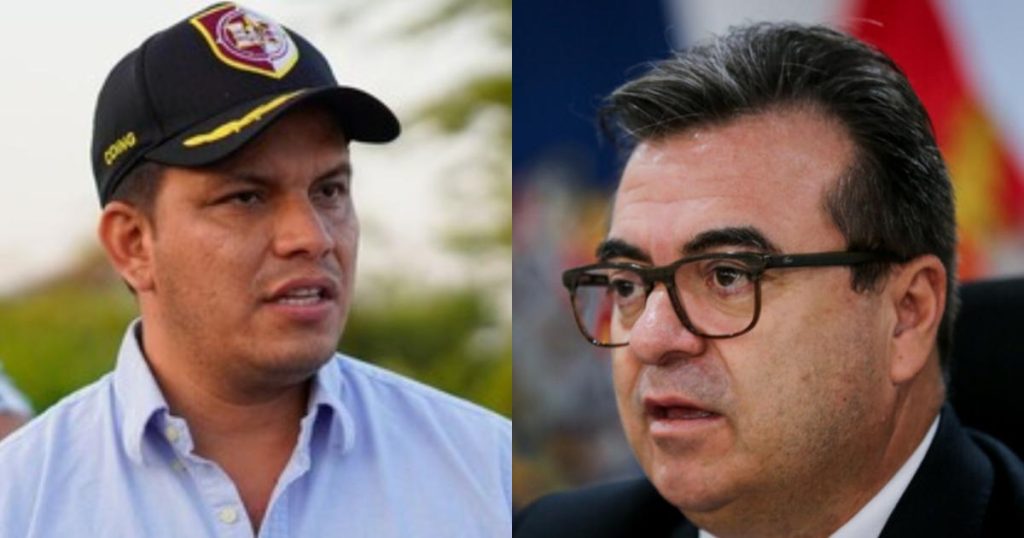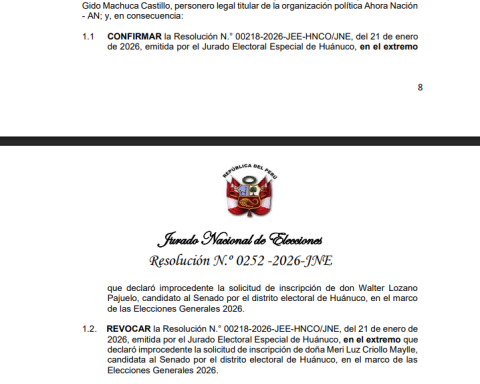In an unprecedented way, the declaration of the G20 summit in Rio de Janeiro highlighted the importance of taxing the super-rich. For analysts consulted by Agência Brasil, the text is vague and does not define how the taxation of billionaires will be carried out, but they highlighted that the mention of the topic politicizes the debate on inequality.
The journalist, doctor in Political Science and professor of International Relations Bruno Lima Rocha Beaklini recalled that the taxation of the super-rich depends on the countries’ national legislation, which is why it is difficult to operationalize.
“As it is in the field of intentions, it is interest. It is a recognition that there is an increasing accumulation of wealth and tax evasion mechanisms. If it were specifically a text saying that it is necessary to tax directly in tax havens, it would be possible to find a faster way to tax the super-rich, but this was not done. In other words, the importance, the relevance was stated, but it was not indicated where this seizure of resources would be carried out, nor how”, pondered Bruno.
The text approved by consensus of the largest powers on the planet states that, with “respect for tax sovereignty, we will seek to engage cooperatively to ensure that ultra-high net worth individuals are effectively taxed”.
The statement adds that cooperation may involve exchanging best practices, encouraging debates around tax principles and developing anti-tax evasion mechanisms. The countries also state that they are “looking forward to continuing to discuss these issues at the G20 and other relevant forums” and that they encourage progressive tax policies, which is the principle that those who earn more should pay more taxes.
For the professor of International Relations at the Universidade Federal Fluminense (UFF) Vitelio Brustolin, the document is in the plan of intentions. “There is talk about the importance of progressive taxation as a necessary way to tax the super-rich, but we don’t know how or the path to achieve this,” he said.
Tax sovereignty
Professor of International Relations at the University of Brasília (UnB) Roberto Goulart Menezes, who coordinates a group of research on the G20 of Geopolitics Magazineemphasized that Brazil has one of the most regressive tax regimes in the world, that is, the poor pay proportionally more taxes than the rich.
He highlights that the text makes it clear that the resources must stay in the countries that collect them. “It is not money that will be collected in different countries and that will go to a fund supervised by the UN to be placed in relatively less developed countries. It’s not that. That’s why they [G20] they talk about tax sovereignty in the document”, he said.
Roberto Goulart recalled that the proposal to tax billionaires was initially defended by French economist Gabriel Zucman. According to this researcher, the measure would affect only 3 thousand individuals across the planet, of which around 100 in Latin America. In return, it would have the potential to raise around US$250 billion per year.
“Brazil, when bringing up this topic, has two objectives. One is to politicize inequality with the strong support of the president [dos Estados Unidos, Joe] Biden, who supported him. And the second objective, which is not new, is to try to surround tax havens”, he added.
The mention of the super-rich topic was praised by the non-governmental organization Oxfam Brasil, one of the main entities working on the issue of inequality. According to studies by the NGO, between 2013 and 2023, the richest 1% in the world appropriated half of the wealth created. Between 2020 and 2023, the 1% took two thirds of the wealth generated, around US$42 trillion, six times more than 90% of the world’s population, that is, 7 billion people.
The executive director of Oxfam Brasil, Viviana Santiago, is of the opinion that Brazil has paved the way to advance this debate. “We applaud Brazil for using its G20 presidency to respond to the demands of people around the world to combat extreme inequality, hunger and climate breakdown, and particularly to mobilize action on the taxation of the super-rich,” he highlighted.
The director of Oxfam Brazil defended tax rates “high enough to drastically reduce inequality and raise the billions of dollars needed to face the climate crisis and the poverty crisis”.
Viviane Santiago finally demanded that South Africa continue to address the issue during its presidency of the G20. “The ball is in South Africa’s court to continue the fight against extreme inequality and make this year’s agreement to tax the world’s super-rich a reality. This would be a truly historic legacy of your next G20 presidency”, he argued.

















